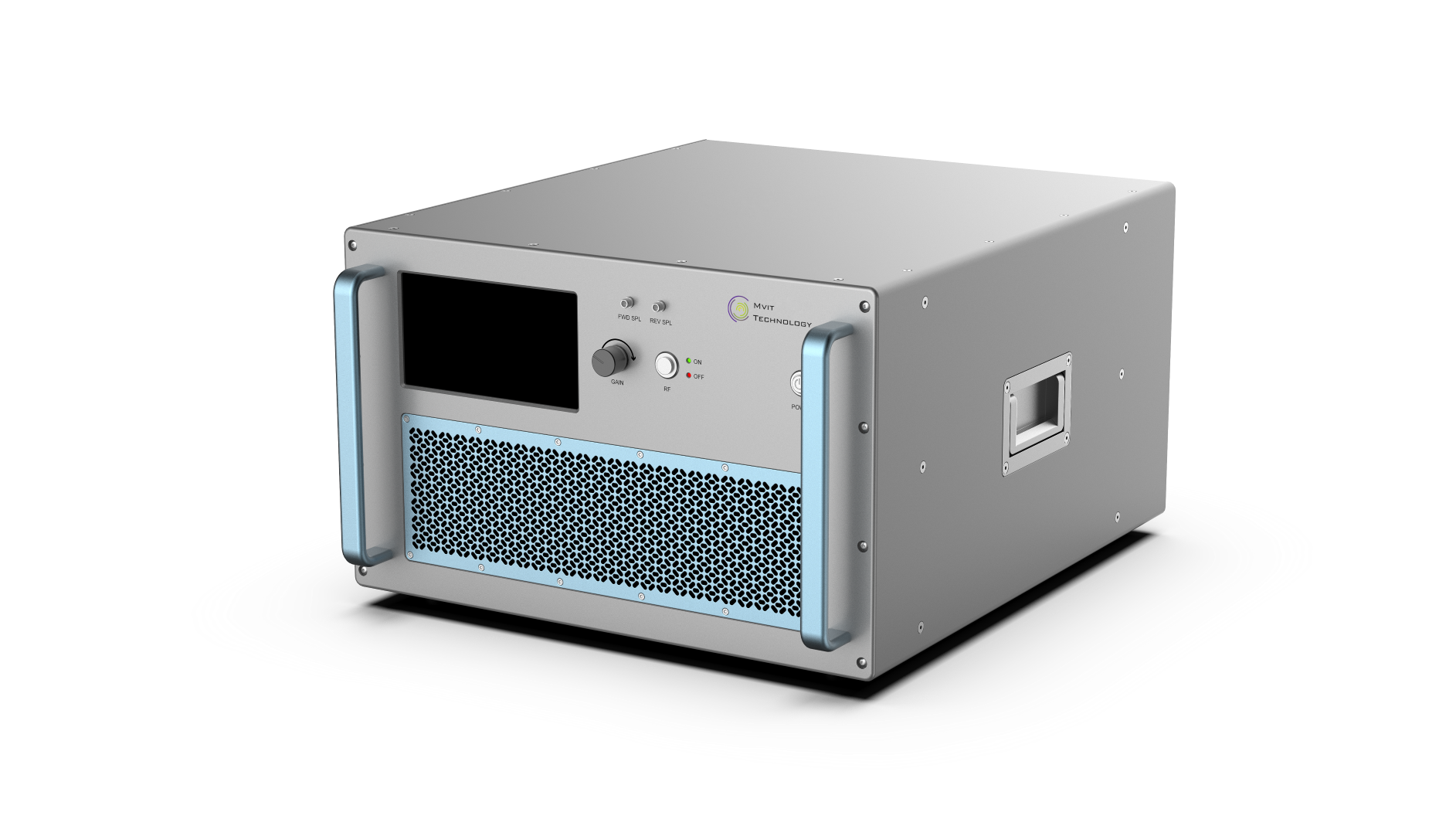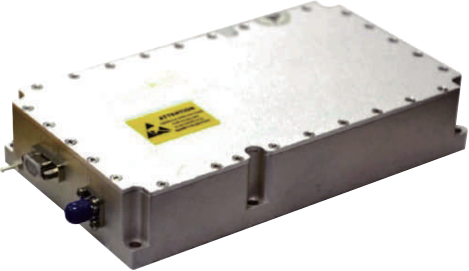
In the rapidly advancing world of test and measurement, PXI (PCI extensions for Instrumentation) instruments offer distinct advantages compared to traditional benchtop instruments. Whether in R&D, manufacturing, or quality assurance, PXI solutions are becoming the preferred choice for many organizations due to their unique capabilities. Here are five key reasons why PXI instruments stand out:
1. High Throughput and Parallel Testing
One of the most significant benefits of PXI systems is their ability to perform parallel testing. Unlike traditional benchtop instruments, which often test one device at a time, PXI systems can test multiple channels simultaneously. This leads to faster throughput, making PXI an ideal choice for high-volume production environments. The modular nature of PXI systems allows for flexible test configurations, increasing test efficiency and reducing overall test times.
2. Scalability and Customization
PXI systems are highly scalable and customizable, making them suitable for a wide range of applications. As your testing needs evolve, you can easily add or replace modules to upgrade your system without the need for a complete overhaul. This modular approach also allows for greater flexibility in tailoring the test setup to specific requirements, something that traditional bench instruments—often fixed in function—simply cannot offer.
3. Improved Integration and Synchronization
PXI systems excel in the integration of different measurement instruments within a single platform. With precise synchronization capabilities, PXI offers seamless control and data sharing across multiple modules. This integrated approach eliminates the need for multiple separate devices, reducing setup complexity and ensuring that measurements are consistent across all channels. It’s ideal for tests requiring tight timing accuracy and high correlation between signals, something that can be difficult to achieve with traditional benchtop instruments.
4. Compact and Space-Efficient
PXI systems are compact, allowing for a more streamlined test setup. Traditional benchtop instruments often occupy a significant amount of physical space, requiring multiple devices for different functions. In contrast, PXI systems combine multiple measurement capabilities into a single chassis, providing a space-saving solution without compromising on performance. This is especially beneficial in environments with limited space or where portability is a consideration.
5. Cost-Effectiveness Over Time
While PXI systems may require a higher initial investment compared to traditional bench instruments, their long-term cost-effectiveness is undeniable. Due to their scalability, PXI systems can grow with your testing needs, reducing the need for future investments in separate instruments. Additionally, the reduction in test times and improved productivity further offset the initial setup costs. The ability to upgrade and adapt to changing requirements without replacing entire systems makes PXI a more economical choice over time.
In conclusion, PXI instruments provide significant advantages in throughput, scalability, integration, space efficiency, and long-term cost-effectiveness compared to traditional bench instruments. As the test and measurement landscape continues to evolve, more organizations are adopting PXI solutions to meet their demands for precision, flexibility, and speed.
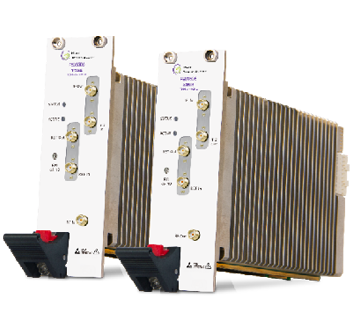
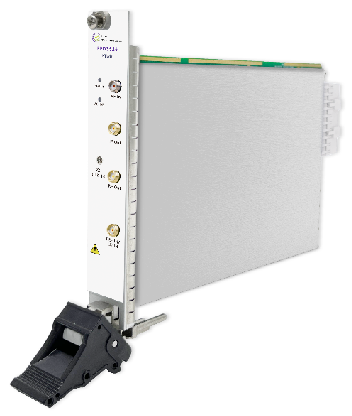
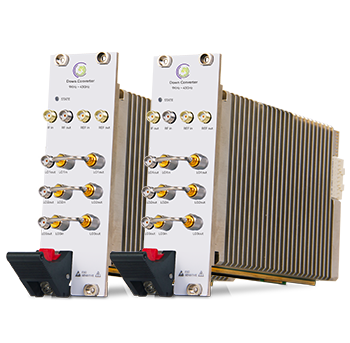
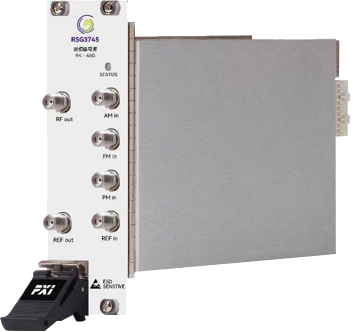
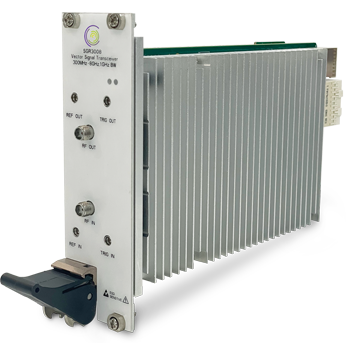
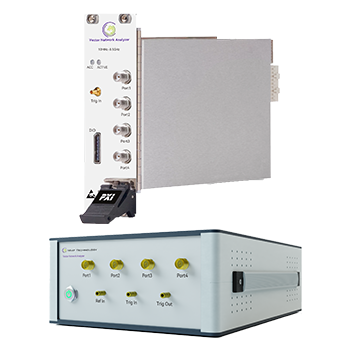
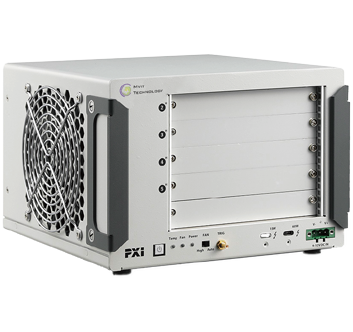
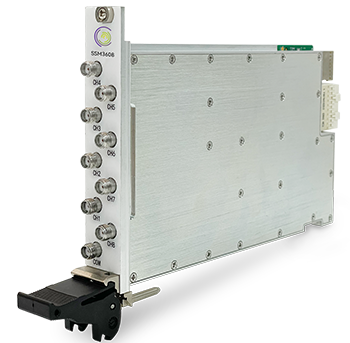
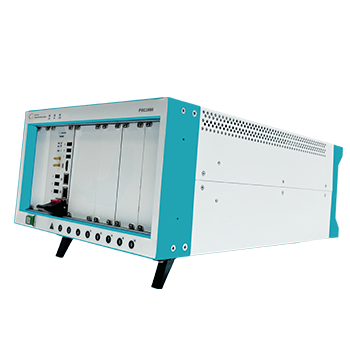
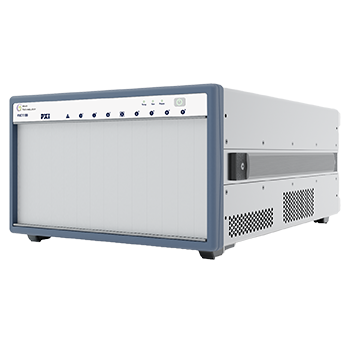
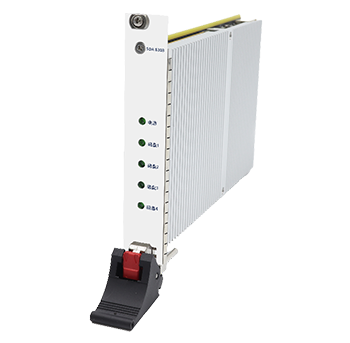
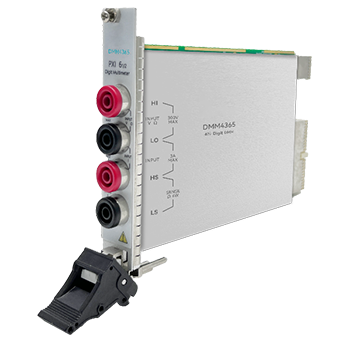
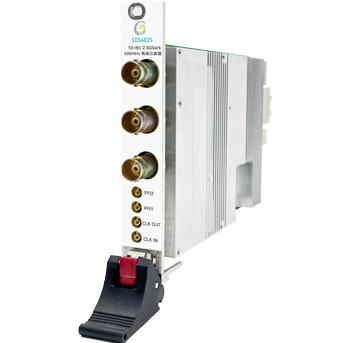
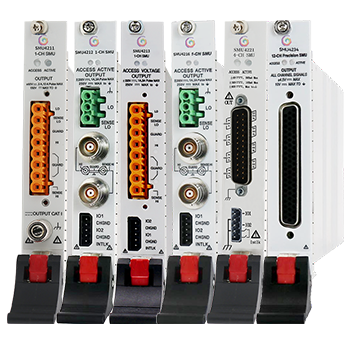
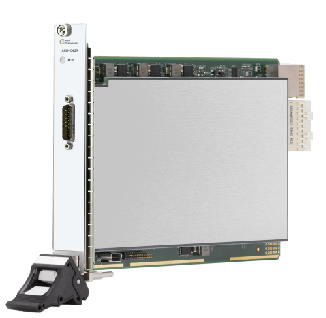
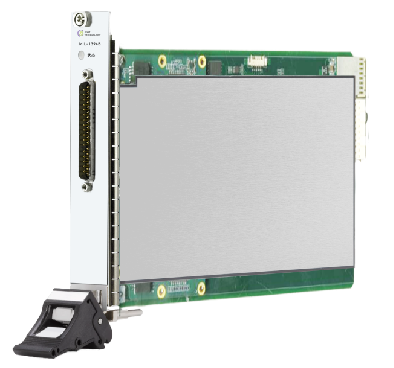
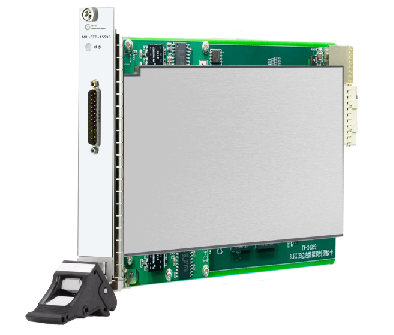
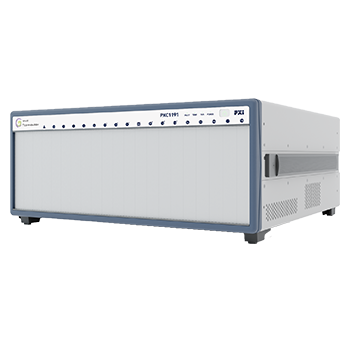
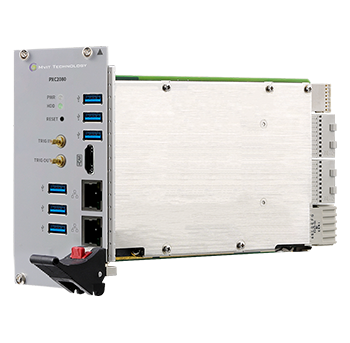
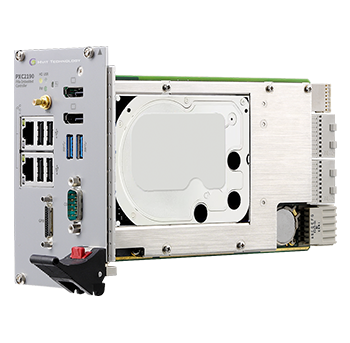
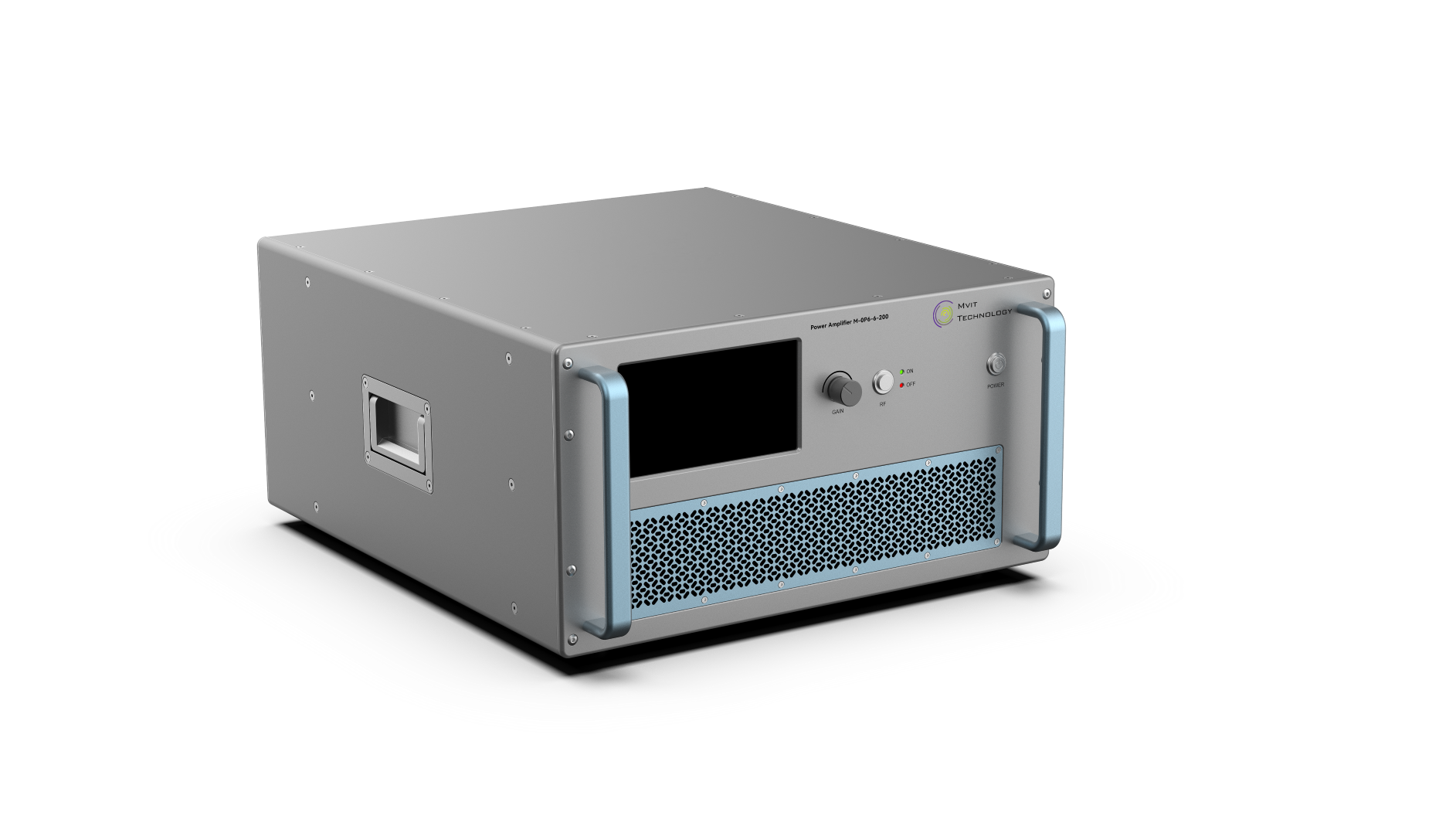
.png)
.png)
.png)
.png)
